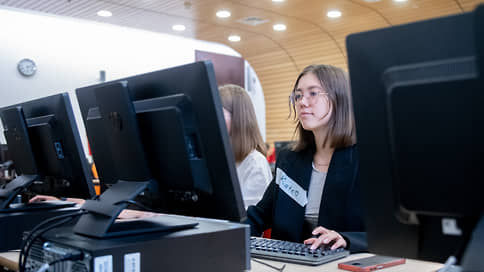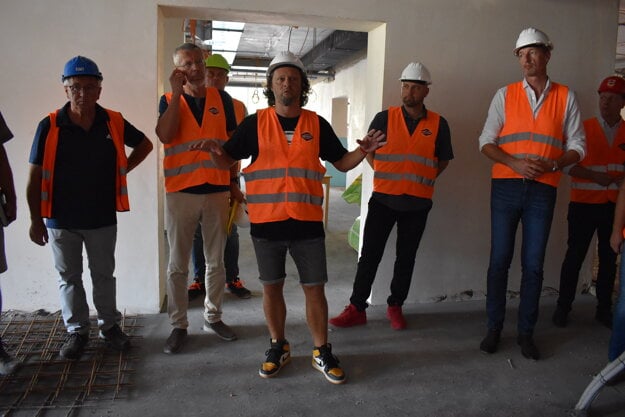Almost half of Russians against the use of AI at school

Almost half of the Russians are sure that the use of artificial intelligence (AI) when studying at school will worsen the quality of education – these are the results of the VTIIMI survey. Some of the respondents see risks in the form of a decrease in the mental stress and the general degradation of students. 46% of respondents do not see problems in contacting AI in preparing homework. Machine intelligence is a tool that, on the one hand, can help cope with the fear of clean sheet, and on the other hand, lead to memorizing the wrong facts, experts say. They consider it unnecessary to prohibit AI: instead, critical thinking should be developed among schoolchildren.
VTsIOM Published A study on the attitude of Russians to AI in education (1.6 thousand respondents over 18 years old is based on a telephone survey). Almost 46% of respondents would not allow the child to use AI in preparing homework. However, the same number of Russians allow the same opportunity, and 16% in all subjects, and 30% – only for some. Moreover, in 10% of respondents, children already use neural networks in the preparation of lessons, in 26%, children of relatives and acquaintances do this.
About a quarter of the respondents (24%) believe that machine intelligence can improve the quality of knowledge gained. Another 14% believe that such technologies will not affect this in any way, and 16% found it difficult to answer. But most (46%) respondents are of the opinion that the use of AI worsens the quality of education. Among the negative consequences of the use of AI in education, respondents call a decrease in mental stress, degradation and lack of live communication (see schedule).
In the context of the survey, it is more correct to talk not about AI as a whole, but about the large language model (LLM – Large Language Model), said Anton Zakharov, deputy director for the quality of education of the Moscow creative college. “When we talk about the advantages and disadvantages of AI, there is a feeling that it has almost the mind and ability to set tasks, although LLM is just a tool that can be used differently,” the expert is sure. “The calculator was also once considered a tool that will wean people to think.”
Nevertheless, Mr. Zakharov does not exclude the situation in which “the child completely misses the field of knowledge that AI entrusts”: “Already now, AI can respond well to many standard types of tasks from textbooks, and if the student will perform work in this way, he will reduce his chances to learn something.” Moreover, AI may be mistaken, and reckless trust will lead to the memorization of incorrect facts, Anton Zakharov points out.
However, the expert adds that without artificial intelligence there are many ways to write off homework, and teachers can also make mistakes in facts and judgments, so critical thinking must be developed separately.
“The critical attitude to the information received is becoming the most valuable modern skill,” Sergey Karaev agrees the head of the information technology of the New View school. He believes that it is necessary to establish clear rules, in what situations and in what volume of AI can be used by schoolchildren.
“Such technologies are an excellent assistant in overcoming the problem of clean leaf, but the main risk is shown right away that the child will want to completely entrust the AI to do work for him,” says Mr. Karaev. The expert is confident that the teacher must learn to effectively use tools based on AI in order to understand all the subtleties and be able to conduct a constructive dialogue with students on this topic. “It is not necessary to prohibit the use of AI, but it will be correct to set the vector of acquaintance with it through the demonstration of interesting tools,” he concludes.







